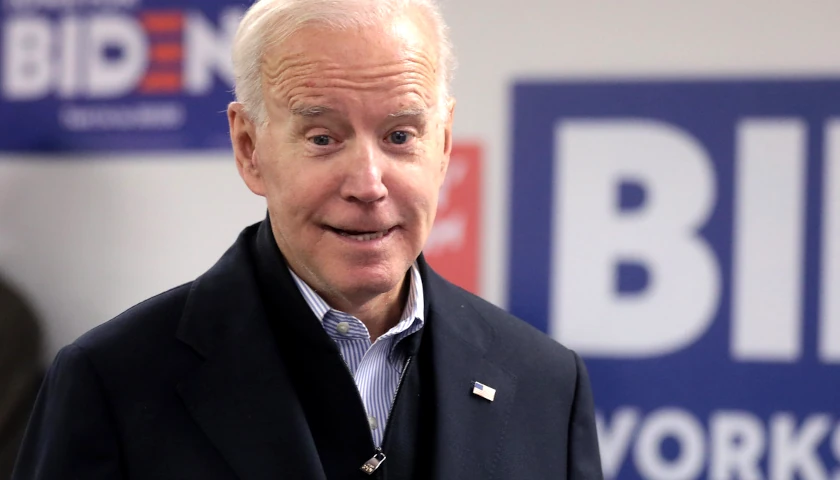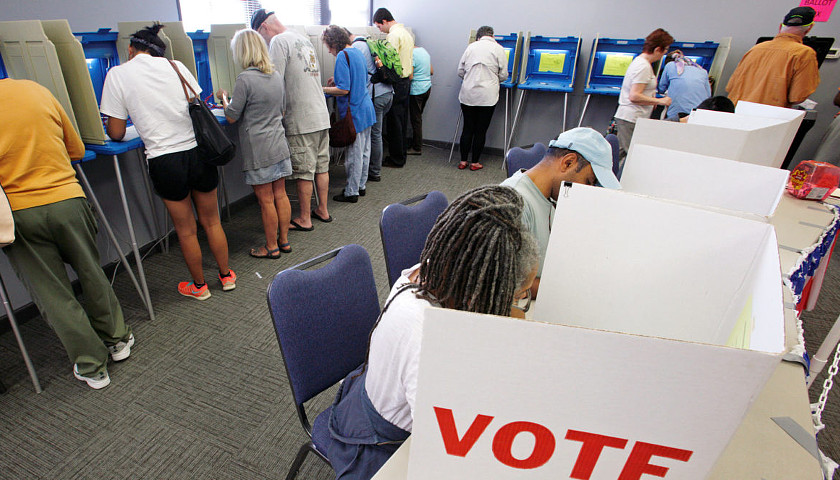On April 12, Secretary of State Antony Blinken announced the appointment of Gina Abercrombie-Winstanley, a career Foreign Service Officer and former ambassador to Malta, as the State Department’s first chief diversity and inclusion officer (CDIO). On July 21, Blinken sent an unclassified cable to U.S. diplomatic and consular posts around the world to introduce Abercrombie-Winstanley — who, in her new position, reports directly to the secretary of state — and to tout the new Office for Diversity and Inclusion.
A State Department that welcomes, and offers opportunities for advancement, to all Americans is a priority. Yet the lofty rhetoric of diversity and inclusion has often provided a cover for imposing ideological conformity and distributing benefits and burdens based on race. Therefore, Blinken’s new undertaking gives cause for concern. His near silence in the two official pronouncements about the personal qualities, educational attainments, professional achievements, and areas of expertise that the State Department values in building a workforce that responsibly conducts American foreign policy heightens apprehensions.
To advance U.S. interests abroad, the State Department must live up to America’s highest principles by ensuring that service in the nation’s diplomatic corps is open to all citizens based on skills, talents, and character. Individuals with diverse experiences, opinions, and training enrich understanding within the department of the vast array of jobs, opportunities, and threats that the United States faces abroad. These range from efficient processing of visa requests and effective operation within international organizations to protect health and the environment to cooperating with friends and partners to counter the Chinese Communist Party’s aim in every region of the globe to reorient world order around Beijing’s authoritarian imperatives.
Read More



